“How long do capacitors last?” is a common inquiry in the realm of electronics, sparking curiosity about the lifespan of these essential components.
What is Capacitors?
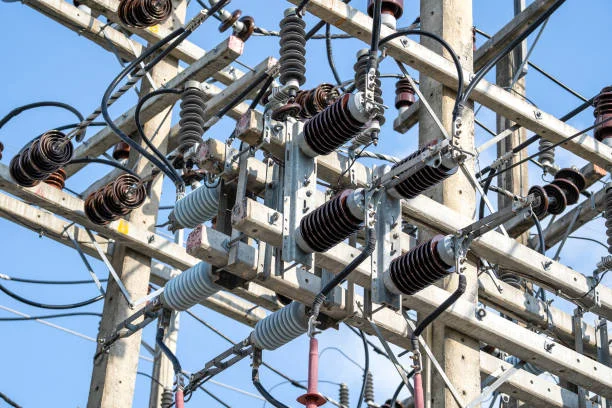
Capacitors are electronic components that store and release electrical energy. They consist of two conductive plates separated by an insulating material called a dielectric. They are commonly used in electrical circuits for tasks like energy storage, filtering, coupling, and timing.
Functions and Types of Capacitors
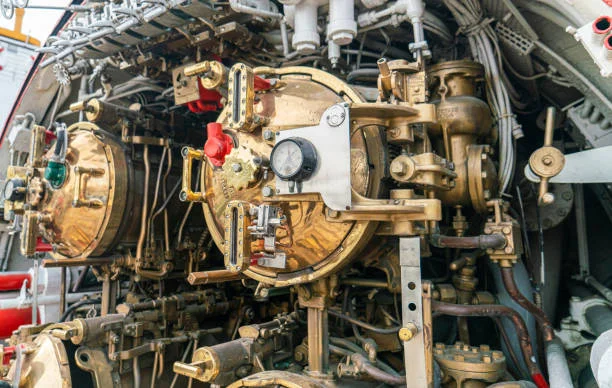
Capacitors are electronic components that store electrical energy and are widely used in various circuits. They serve functions such as energy storage, filtering, coupling, decoupling, and timing.
Common types include electrolytic capacitors, ceramic capacitors, film capacitors, tantalum capacitors, and supercapacitors. Each type has unique characteristics suitable for different applications, ranging from power supply filtering to high-frequency signal coupling. Understanding the functions and types of capacitors is essential for designing efficient and reliable electronic systems.
How Long Do Capacitors Last?
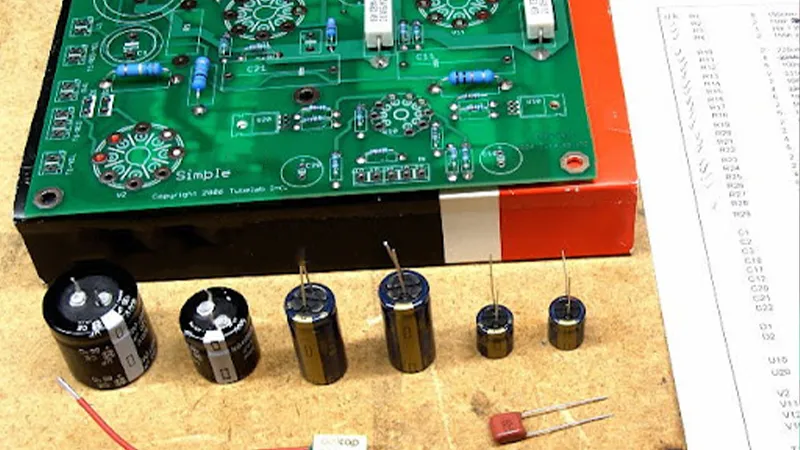
Generally, capacitors have a finite lifespan and may eventually fail due to various factors. Here are some factors that can affect the lifespan of a capacitor:
Temperature:
High temperatures can accelerate the aging process of capacitors, leading to a shorter lifespan. Capacitors operating within their specified temperature range typically last longer.
Voltage Stress:
Exceeding the rated voltage of a capacitor can cause stress on its dielectric material, leading to deterioration over time. Operating capacitors within their rated voltage limits helps prolong their lifespan.
Frequency:
Capacitors used in high-frequency circuits may experience additional stress due to repeated charging and discharging cycles, which can affect their lifespan.
Quality of Construction:
Capacitors manufactured with higher-quality materials and processes tend to have longer lifespans compared to lower-quality counterparts. Factors such as electrode materials, dielectric properties, and manufacturing standards can influence capacitor reliability.
Environmental Conditions:
Exposure to moisture, humidity, chemicals, and other environmental factors can degrade capacitor materials and lead to premature failure. Capacitors used in harsh environments may have shorter lifespans unless specifically designed for such conditions.
Aging and Wear:
Over time, capacitors may naturally degrade due to aging processes such as electromigration, dielectric absorption, and material fatigue. This gradual degradation can eventually lead to capacitor failure.
While capacitors are generally designed to have a long operational life, it’s essential to consider these factors and monitor capacitors for signs of aging or degradation, such as changes in capacitance, leakage current, or physical appearance. Regular maintenance, proper operating conditions, and periodic inspection can help extend the lifespan of capacitors in electronic systems.
Common Failure Modes
Here are some of the common failure modes :
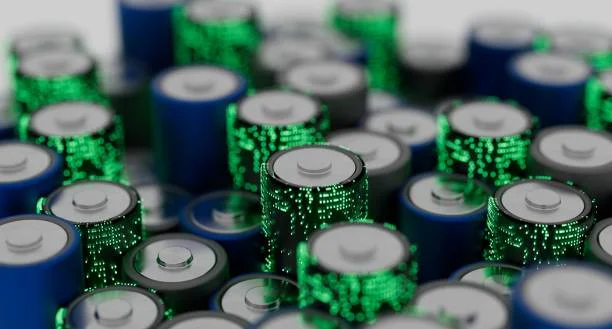
Capacitor Degradation:
Over time, capacitors can degrade due to factors like temperature, voltage stress, and aging processes. This degradation can lead to a decrease in capacitance, increased leakage current, and changes in other electrical properties.
Dielectric Breakdown:
Excessive voltage stress can cause dielectric breakdown, resulting in a short circuit or insulation failure. This often occurs when the capacitor is subjected to voltages higher than its rated voltage, leading to catastrophic failure.
Electrolyte Drying Out:
Electrolytic capacitors rely on a liquid electrolyte for operation, and prolonged exposure to high temperatures or operating beyond the specified ripple current can cause the electrolyte to dry out. This can lead to an increase in equivalent series resistance (ESR) and reduced capacitance.
Cracking or Physical Damage:
Mechanical stress, vibration, or thermal cycling can cause physical damage to capacitors, leading to cracks, delamination, or internal connections becoming loose. This can result in electrical intermittence or open circuits.
High-Frequency Ripple Current:
In applications with high-frequency ripple currents, such as switching power supplies, capacitors may experience increased internal heating due to dielectric losses. This can accelerate aging and reduce the capacitor’s lifespan.
How to Extend Its Service Life?
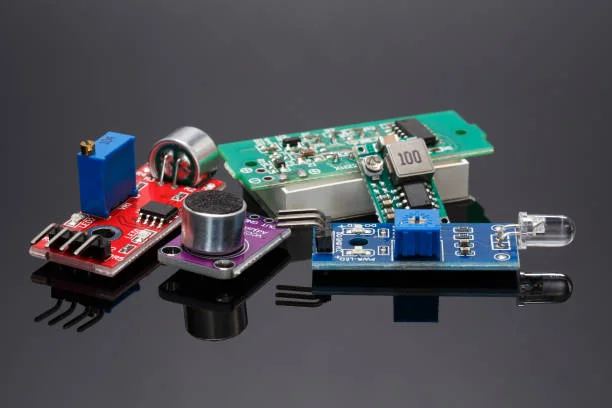
If you’re just wondering how long do electrolytic capacitors last, we can’t give you a standard answer, but we can give you some advice on extending their lifespan and reducing the risk of failure.
Regular Inspections and Maintenance:
For critical applications or long-term operating electronic equipment, it is recommended to regularly check the condition and performance of the capacitors. Observe for cosmetic damage, signs of leakage, or other abnormalities, and perform necessary cleaning and maintenance.
Replace Aging Capacitors:
If the capacitor shows obvious signs of aging, such as capacitance decrease, ESR increase, or appearance damage, it is recommended to replace it in time. When replacing capacitors, be sure to select the appropriate type and size and follow the manufacturer’s recommendations and guidelines.
Follow an Equipment Maintenance Schedule:
Incorporate capacitor inspection and replacement into your equipment’s maintenance schedule to ensure equipment reliability and performance. Develop appropriate maintenance frequency and procedures based on equipment usage and environmental conditions.
By regularly testing, maintaining and replacing aging capacitors, you can ensure the stability and reliability of electronic equipment, extend its service life and reduce the risk of failure.
Conclusion
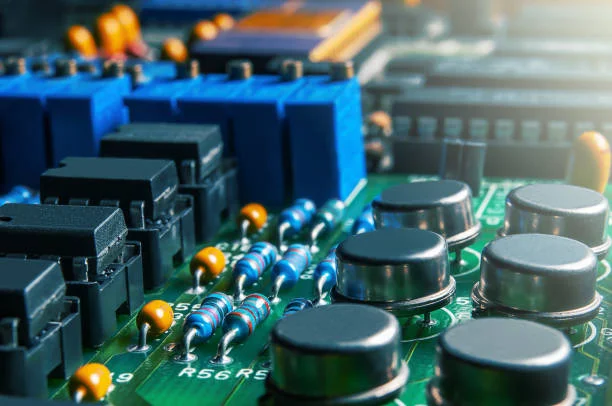
Capacitors can last for many years under normal operating conditions, but their lifespan can be influenced by factors such as temperature, voltage stress, frequency of use, and environmental conditions.
In general, well-maintained capacitors in properly designed circuits can last for decades. However, it’s essential to monitor capacitors for signs of aging or degradation and replace them as needed to ensure the continued reliability and performance of electronic devices.
Contact us and get more information.




















